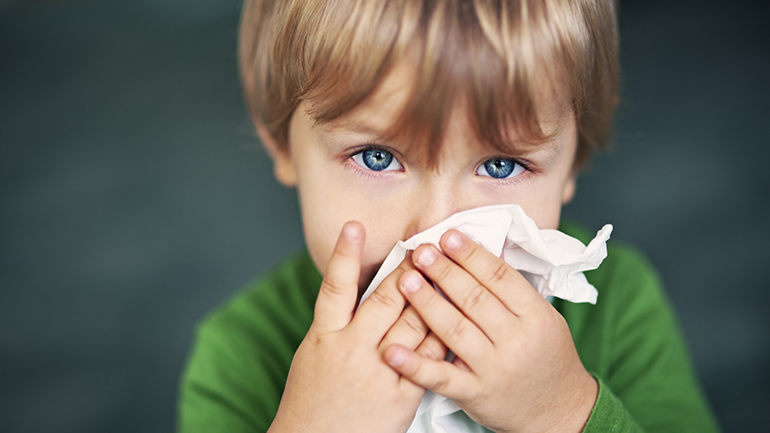
How to stop and prevent nosebleeds.
Many small blood vessels line the inside of your nose. Their job is to help warm and moisten the air you breathe. These blood vessels can break and bleed.
How to take care of yourself at home
- Rest quietly for the next few hours.
- Do not sniff for 12 hours after your nosebleed.
- Do not blow your nose for at least 12 hours after your nosebleed.
- Do not put anything else inside your nose for at least 12 hours.
- Do not lift heavy objects or strain for 12 hours after your nosebleed.
To stop a nosebleed
- Get some tissues or a damp cloth.
- Sit down.
- Tilt your head forward so the blood drains out your nose and not down your throat.
- Breathe through your mouth.
- Using your thumb and index finger, firmly squeeze the soft part of your nose just below the bony part to put pressure on the middle part of your nose (called the septum). This is usually where the bleeding is coming from.
- Use the tissues or cloth to catch the blood.
- Keep squeezing for 10 minutes before checking to see if the bleeding has stopped.
- If it is still bleeding, hold your nose again for another 10 minutes.
Placing a cold cloth or ice pack across your nose can sometimes help to slow the bleeding.
Many nosebleeds stop after 10 to 20 minutes of squeezing the soft part of the nose.
Always spit out any blood that gets in your mouth and throat. Swallowed blood can upset your stomach and cause you to throw up. When you throw up, your nose can bleed more or start bleeding again.
Ways to prevent nosebleeds
To keep the inside of your nose from drying out:
- Lightly coat the inside of your nose with a lubricant such as petroleum jelly (such as Vaseline). Place a small amount on a cotton swab and gently rub the cotton tip inside each nostril.
- Use saltwater (saline) nose drops or sprays directed by your doctor.
- Use a humidifier at night in your bedroom.
- Try not to take antihistamine medicines or use decongestant nasal sprays.
- Open your mouth when you sneeze.
- Do not blow your nose for three days after your nosebleed. When you blow your nose, always blow gently.
- Do not pick your nose.
- Do not smoke or expose yourself to smoky environments. Smoke irritates and dries out the inside of your nose.
When to get help
Go to the nearest Emergency Department if:
- Your nosebleed does not stop after 20 minutes.
- You get a nosebleed after an injury to your head.
- You think your nose is broken after an injury to your face or nose.
Call your family doctor if:
- You have four or more nosebleeds in one week.
- You have nosebleeds regularly.
- You seem to bleed more from a nosebleed than you have in the past.
